Phil Gaimon: What does it mean to be a clean bike rider?
American pro on the thin grey line between the ethics and the legality of the rules
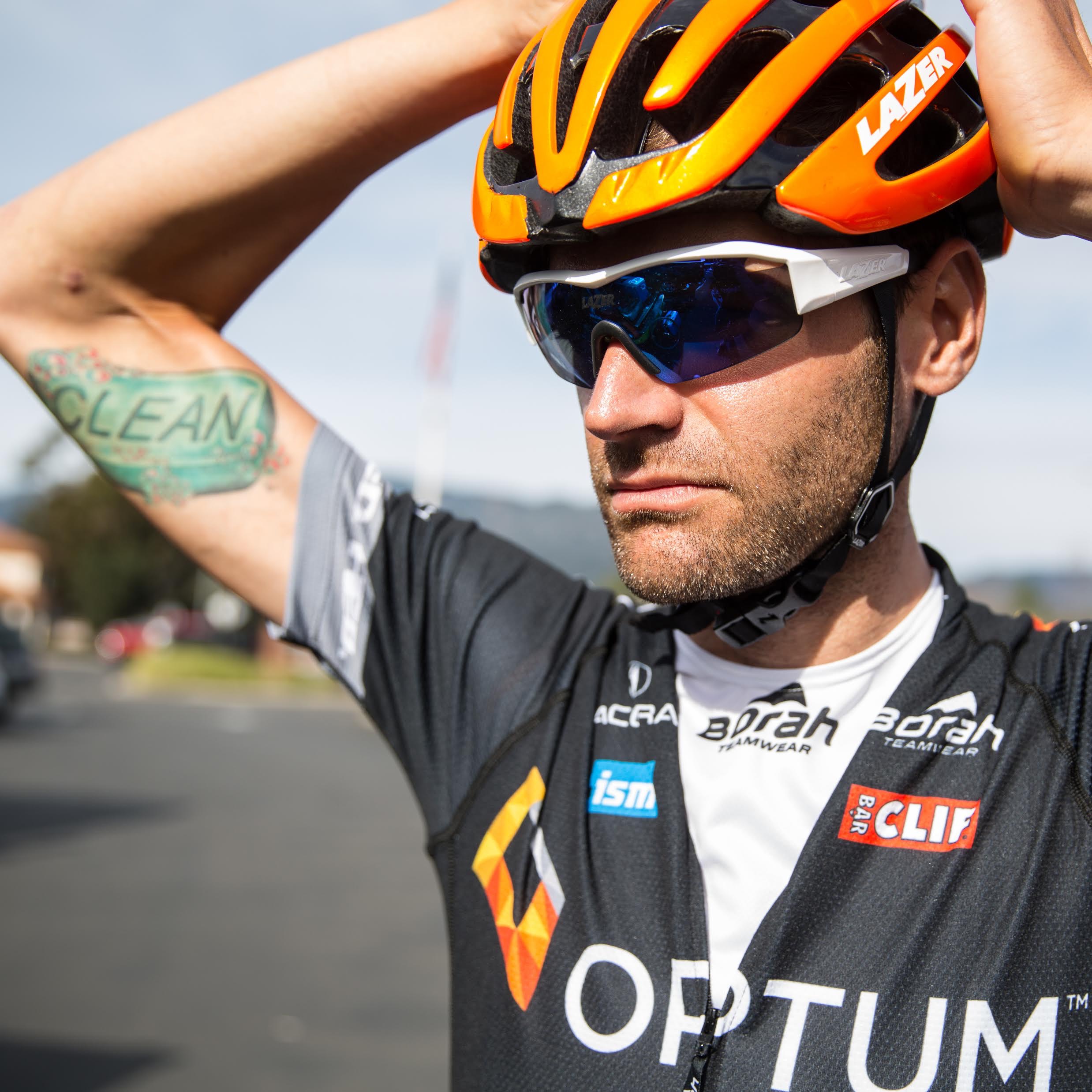
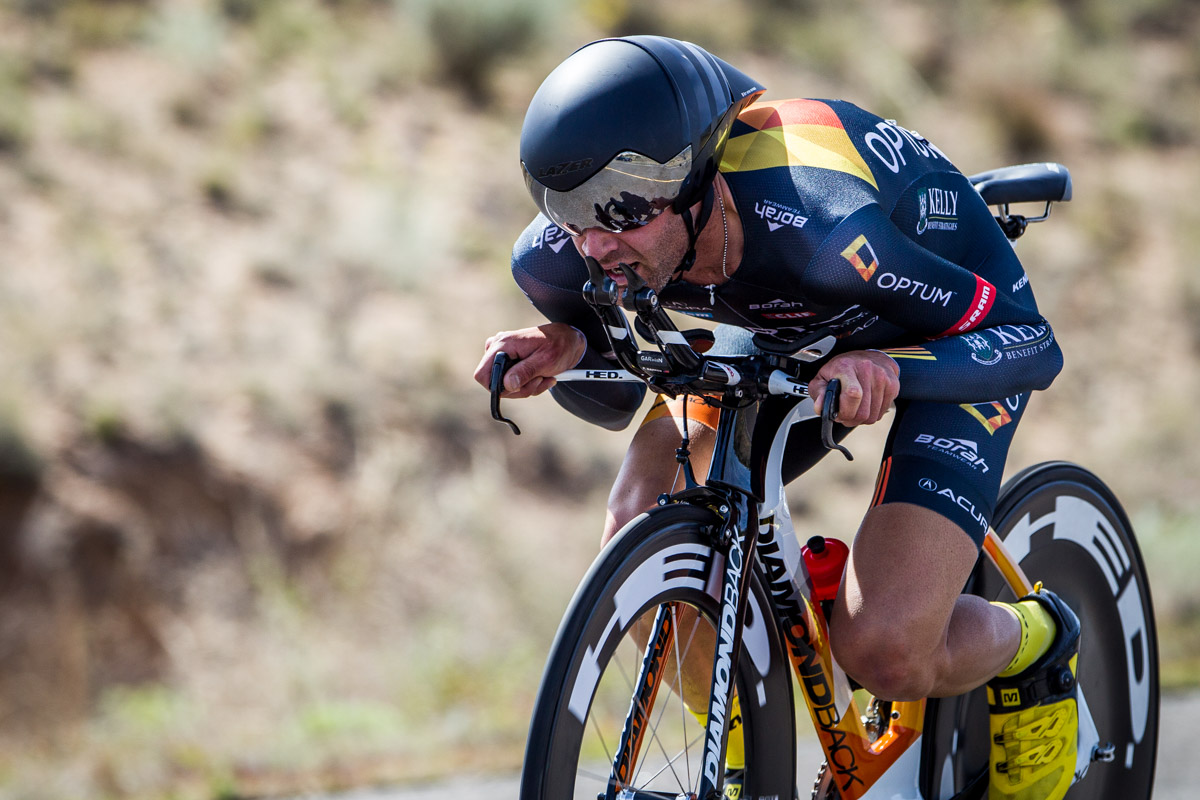
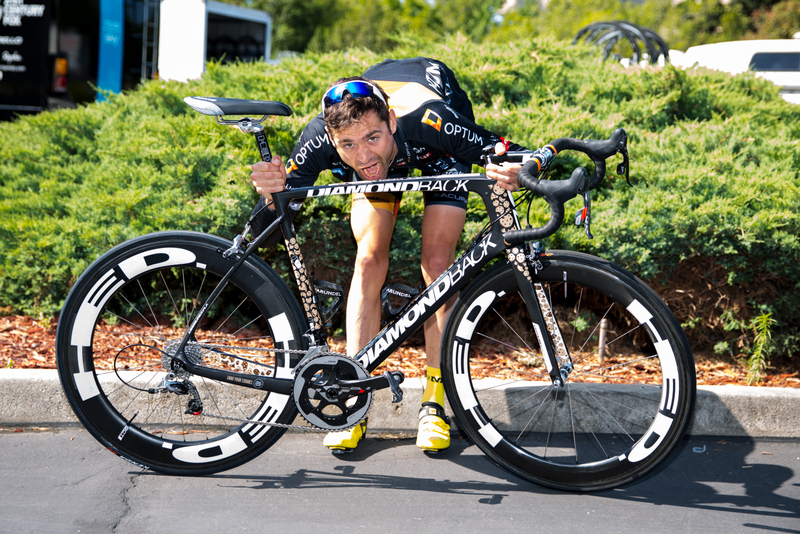
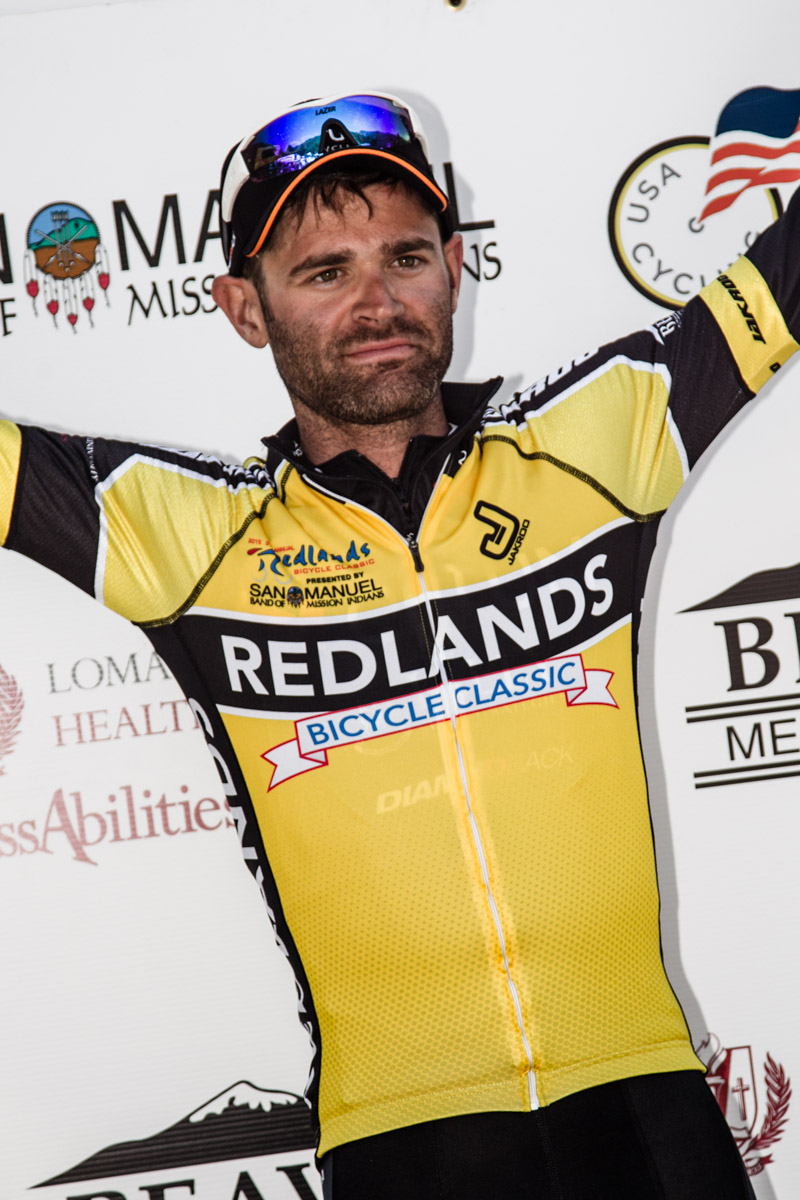
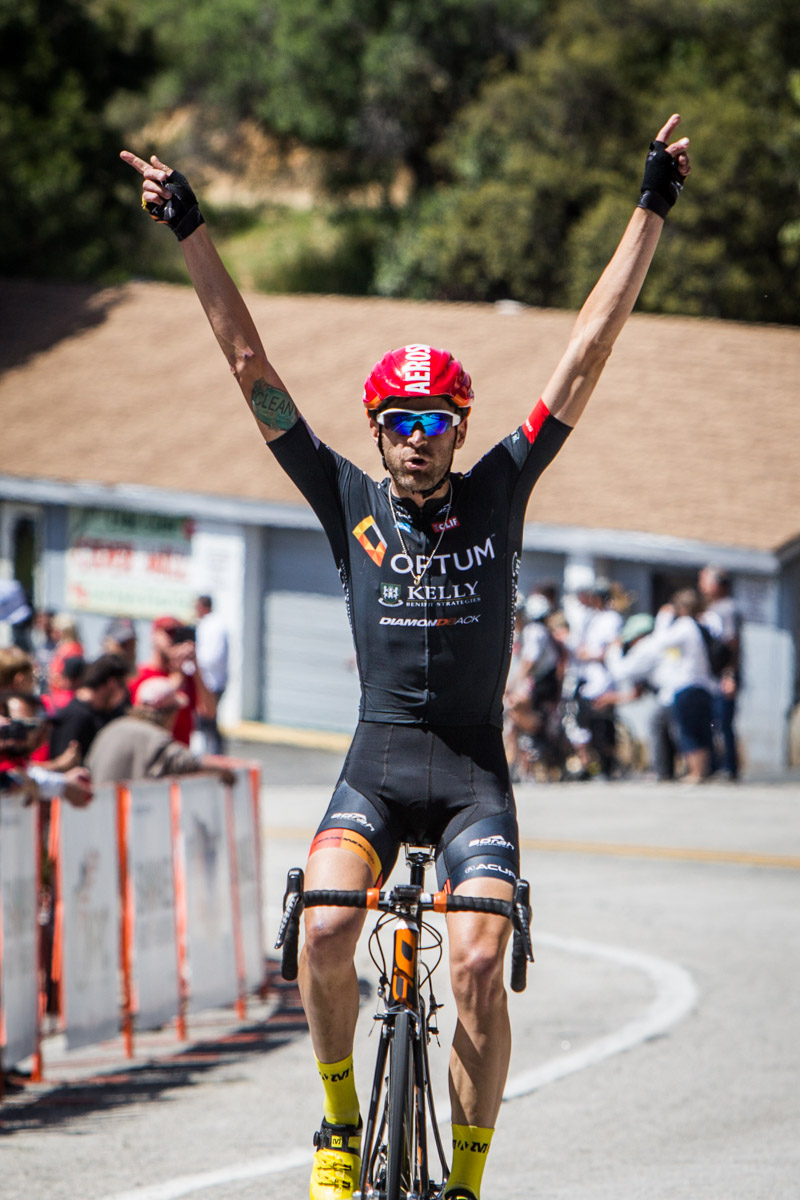
September, 2010:
“Bzzzzz” went the tattoo needle.
My sister has a tattoo. If she can do it, I can do it. This is important. I’m a tough pro bike racer. I won’t feel the pain.
“Bzzzzz.”
After an hour of feeling a lot of pain, I had a Fight Club-esque bar of soap with the word CLEAN on my right bicep, where it would stand out if I could ever manage to win a race. It was poorly done (I got it touched up twice before so that it wasn’t embarrassing), but I was proud when I limped out of there, legs still sore from finishing nine minutes down, in 34th place, at the US National Championships road race in Greenville that morning.
Many assumed it was hatred for dopers that made me take that step, and sure, I’ve had some enemies and bitter moments, but that wasn’t the reason. Ben King and Taylor Phinney had just won the National Championships, so how angry could I be?
One motivation was the image of our sport. When I saw a new doctor for an annual physical, he read my occupation on the form, closed the door and asked: “Alright, what are you on? Steroids? Growth? EPO?”
Get The Leadout Newsletter
The latest race content, interviews, features, reviews and expert buying guides, direct to your inbox!
You can’t blame him. Doping is still probably the biggest discussion among fans and media during the Tour de France. After what cycling’s previous generation put us through, simply beating the other guys is cause for suspicion. Riders are still faced with the same questions year-after-year, along with demands for transparency that would invite yet more scrutiny. For me, being able to flash the tattoo went a long way to convincing folks like the doctor that I wasn’t that kind of pro cyclist.
The biggest reason for the tattoo was to remind myself that I wanted to race clean. What if I finally achieved my biggest dreams, and I made it to the Tour de France, and someone handed me a needle? I’d been around enough ex-dopers to know that a good guy could make a bad decision, and I didn’t want it to happen to me. The tattoo is a reminder of who I am, and who I want to be.
My friends Adam Myerson and Nick Waite got the same designs on their arms that year, and we raised the stakes further: if anyone doped, the others would come scrape the tattoo off with a cheese grater. Many others have joined the club since. If the sport can’t keep everyone honest, we’ll do it for each other.
The term "clean” sounds like a black and white concept, but it’s complicated when you get down to it. Have you ever heard old Jews interpreting the Torah? Bike racers talking about doping doesn’t sound much different. If you ask enough questions, you’ll find that most pros have a different answer of what it means to them.
For some, just having coffee with a former doper should get you suspended. Eric Young, my teammate on Optum, isn’t that extreme, but he won’t take a vitamin. Flintstone’s Chewables are a long way from the banned list, but Eric gets what he needs from salads (and bacon) or not at all. I haven’t seen him miss a day of French press coffee, but Eric would never swallow a caffeine pill. Maybe it’s silly, but you know what? Eric is fast as hell.
What about marijuana? It’s on the banned list, and I know some pros who partake in the off-season, but I wouldn’t call it doping. I’ve never tried it, partly because I’m afraid I’d test positive, but also because of cheese graters.
The other extreme are the guys who say, “if it’s not against the rules, it’s not doping.” Technically, they’re correct. If your doctor has a new drug that made one lab rat drop all the other ones on a climb (I hope their tails don’t get caught in the spokes), and the doping agencies have never heard of it, you could win some races, but it’s still an unfair advantage, and public memory isn’t kind to riders who say they're “technically” clean. Besides, how would that victory feel? Probably about as empty as beating a kid at Candyland.
Riders and teams have learned to keep a safe distance from those doctors, but take Tramadol for example (don’t actually take it... I just mean think about it), an opiate painkiller. Most pros and teams agree that it should be illegal because it’s addictive and it’s been the scapegoat for a few crashes, but it’s not on the list yet. So Tramadol isn’t crossing the line into doping territory, but I wouldn’t feel good about taking it.
I’ve been training at altitude lately, and I have no problem with my daily iron supplement. In addition, cycling is low-impact and I want healthy bones, so I take calcium and magnesium. A couple years ago, blood tests reveled that my testosterone was low. That would hurt performance, so I started taking a supplement called tribulus. When the T was still low, I doubled the dose. Months later, it was back in the “normal” range. Was it the tribulus, or was it that I’d had a few weeks off of racing and a chance to rest? Most likely the latter, but I kept taking the tribulus, just in case.
Ask anyone who’s tried it, and they’ll tell you that EPO really worked. In six years as a pro, and all kinds of vitamins, I’ve never felt any different if I missed a day. That’s part of my barometer for whether something I take is right or wrong: if I’m positive that it makes a difference, if I’d win a race and think it was due to a pill, I wouldn’t want it.
Some cycling fans hate doping, but love the debate and accusations, just as football fans argue over whether the 1972 Miami Dolphins would have won against the 2015 New England Patriots. But can you call yourself a fan if you spent hours getting to the race, only to spit on the leader?
There was a time that being “clean” meant you wouldn’t get caught, but my generation saw that all that gets you in the long run is a lot of Twitter hate, and maybe an embarrassing date with Oprah. So what does it mean to be clean today? Of course you stay away from anything against the rules, but it also means to follow the spirit of fair sport, and to do what will still feel right in 10 years. If I found myself in a grey area, no matter what my doctor, teammates, or the WADA code said, I’d feel if it was right or wrong.
A quirk of our sport that we all have to get used to is that line might be a little different for everyone. That’s okay, as long as Eric Young doesn’t judge me for taking calcium.